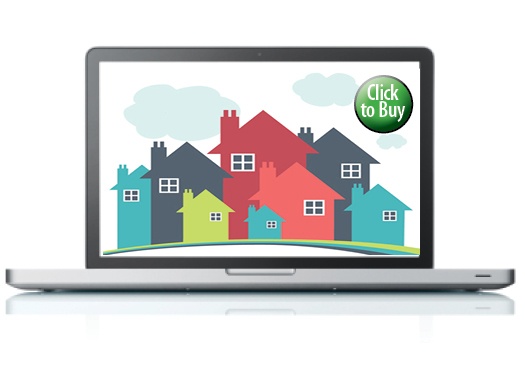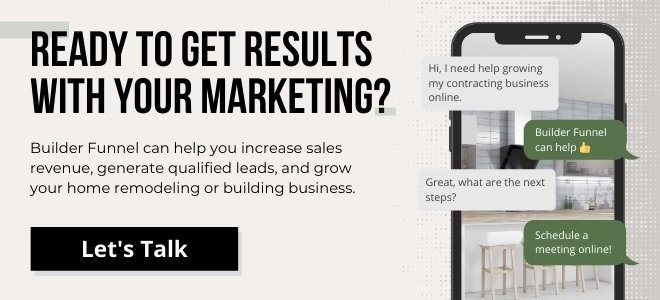1 min read
Who Buys a House Online? [and Why Your Website Is Still So Important]
By: Wes Powell on Nov. 27, 2018

If you’re a home builder, the internet is a fantastic marketing platform for getting you in front of prospective home buyers. It’s flexible, easy to adapt and update and (if used properly) can give you all kinds of opportunities to interact and engage with people looking to purchase a new home.
However, let’s be honest: Nobody buys a house online. There’s no “click-to-buy” button on any builder’s website. It’s just not the kind of transaction that takes place online. So why is it so important to have a good website?
When people are looking to buy something, they start their search online. According to an Adweek report from November 2014, 81 percent of shoppers conduct online research before they buy. What are they looking for? They’re not price shopping—at least not initially. They are looking for answers to their questions. They want to know about:
- Floor Plans: What layouts are available, and which one fits their needs?
- Options: If someone wants to build a custom home, they want ideas about how to get what they want. If they’re buying semi-custom, they want to know what their options are.
- Location: Prospective homeowners want to know about schools, ease of commute, points of interest in the area and lifestyle of the community.
- Visuals: Potential homebuyers want to see what a finished home looks like. They want to reference pictures of the inside of the house to see if it feels like home to them.
- Virtual Tours: Many prospects want the ability to “walk through” a home so they get a better feel for the flow of the design.
- Resources: Often people are looking for more detailed explanation on topics such as how to design a kitchen or a master bathroom or how to create a home that matches their lifestyle.
It’s not enough just to have “a website.” You need to make sure it’s organized around the kind of information people are looking for—and that visitors to your website can easily find what they’re after without having to jump through hoops.
Finally, your website needs to provide interaction. You must provide opportunities for prospects to get in touch with you—whether it’s to download resources or to schedule a 10-minute consultation that answers their questions (and establishes you as a helpful professional who knows his or her stuff).
Nobody buys a house online. But these days, almost everybody begins their search there. Make sure your website gives you the chance to help prospects make the right decision so you at least make the shortlist of potential builders.



